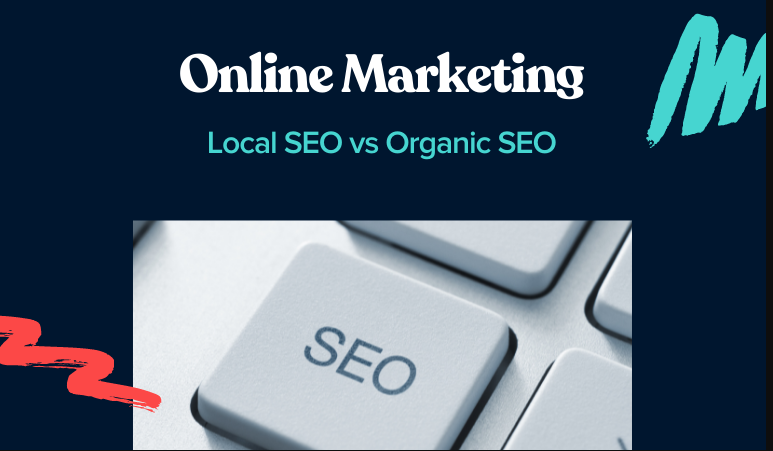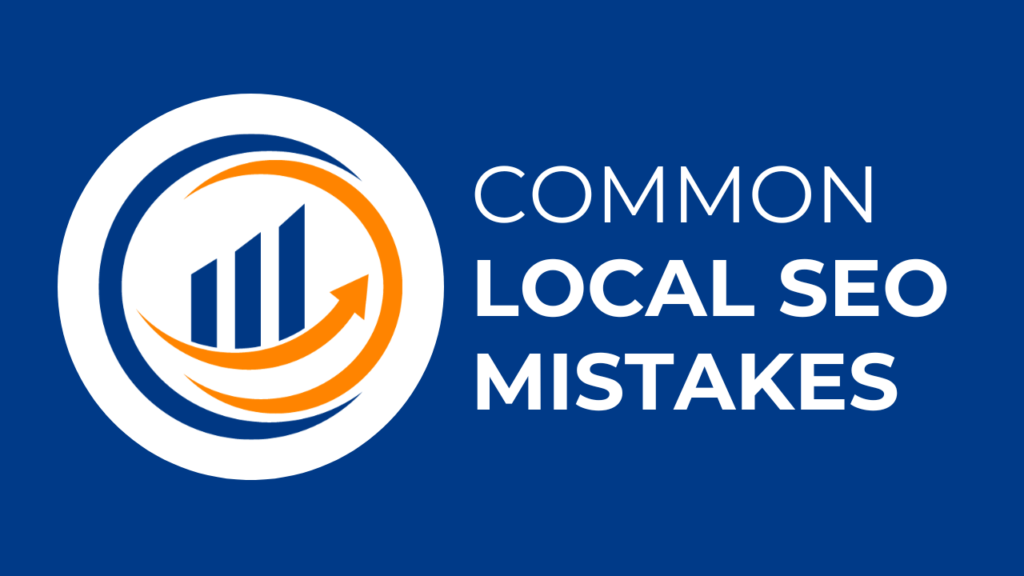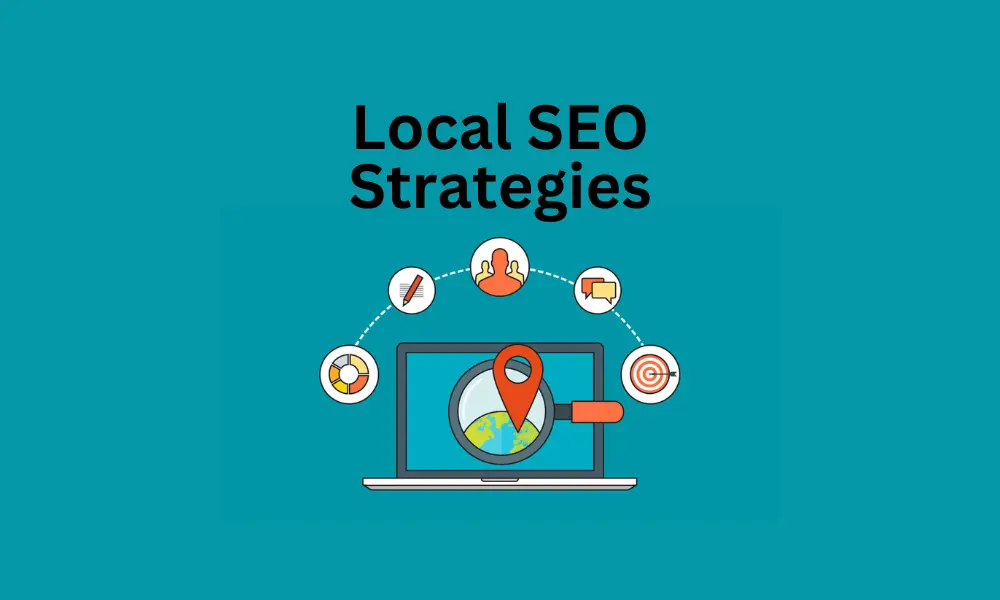In today’s digital age, getting noticed by customers in your local area is more crucial than ever. This is where Local SEO comes into play. Local SEO helps businesses promote their products and services to local customers at the exact time they’re looking for them. In this article, we will delve deep into effective local SEO strategies to help your business shine in local search results.

Understanding Local SEO
Definition of Local SEO
Local SEO is a subset of search engine optimization that focuses on optimizing a website to be found in local search results. It is especially beneficial for businesses that operate on a regional level, as opposed to a national level.
How Local SEO Differs from General SEO
While general SEO focuses on improving your site’s visibility on a global or national scale, local SEO helps you capture local search territory to connect with searchers in your area. This involves optimizing your online presence to attract more business from relevant local searches.

Why Local SEO is Crucial for Your Business
Increased Visibility: Local SEO increases your business’s visibility in local search results, making it easier for potential customers to find you.
Targeted Traffic: By targeting local customers, you attract more relevant traffic to your website, which is more likely to convert into sales.
Enhanced Credibility: Appearing in local search results and having a well-optimized online presence builds credibility and trust with potential customers.
Key Elements of Local SEO
| Element | Explanation |
| Google My Business | A free tool from Google for managing your online presence. It helps update business info, engage with customers, and track performance insights on Google Search and Maps. |
| Local Citations | Mentions of your business’s NAP (name, address, phone number) across the web. They appear in local directories, review sites, and social media, enhancing local SEO. |
| On-Page SEO | Optimizing website content and structure for better search visibility. It includes keyword usage, mobile-friendly design, and local-specific pages to target local searches. |
| Local Reviews | Customer reviews on platforms like Google and Yelp influence local search rankings. Positive reviews build trust and attract more customers to your business. |
| Localized Content | Creating content tailored to local audiences boosts local search relevance. It involves using local keywords, news, and events to engage the community and improve rankings. |
Optimizing Google My Business
Start by creating a Google My Business listing and verifying it. This helps your business show up in local search results and Google Maps. Ensure your profile is complete with accurate business information, high-quality images, and relevant keywords. Positive reviews improve your business’s online reputation and increase visibility in local search results.

Local Link Building
Backlinks from reputable local websites signal to search engines that your business is trustworthy and authoritative. Collaborate with local businesses, sponsor local events, and participate in local community activities to earn backlinks. Building relationships with local organizations can help you gain valuable backlinks and boost your local SEO efforts.
Mobile Optimization
Importance of Mobile-Friendly Websites
With more people using mobile devices to search for local businesses, having a mobile-friendly website is crucial. Ensure your website loads quickly on mobile devices, has a responsive design, and provides a seamless user experience.
Using Local Schema Markup
Schema markup is a type of microdata that helps search engines understand the content on your website and provide more informative results to users. Implementing local schema markup can improve your business’s visibility in search results and enhance your local SEO efforts. Add structured data to your website’s code to help search engines better understand your business and its location.

Tracking and Measuring Local SEO Success
Key Metrics to Monitor
Monitor metrics such as local search rankings, website traffic, and customer reviews to measure the success of your local SEO efforts.
Tools for Tracking Local SEO Performance
Use tools like Google Analytics, Google My Business Insights, and local SEO software to track and analyze your local SEO performance.
Common Local SEO Mistakes to Avoid

1. Ignoring Google My Business
Neglecting your Google My Business listing can result in missed opportunities to attract local customers.
2. Inconsistent NAP Information
Inconsistent NAP information across the web can confuse search engines and harm your local search rankings.
3. Neglecting Reviews
Ignoring customer reviews can damage your online reputation and deter potential customers.
Conclusion
Local SEO is essential for businesses looking to attract more customers from their local area. By optimizing your online presence for local search, you can increase your visibility, attract targeted traffic, and build credibility with potential customers. Implement the strategies discussed in this article to enhance your local SEO efforts and drive more business from your local community.
Read more: The Future of Digital Marketing: Emerging Trends to Watch
FAQs
Local SEO is the practice of optimizing your online presence to attract more business from relevant local searches. It involves optimizing your website.
To optimize your Google My Business listing, ensure your profile is complete with accurate business information, high-quality images, and relevant keywords.
Online reviews influence potential customers’ purchasing decisions and impact your local search rankings.


